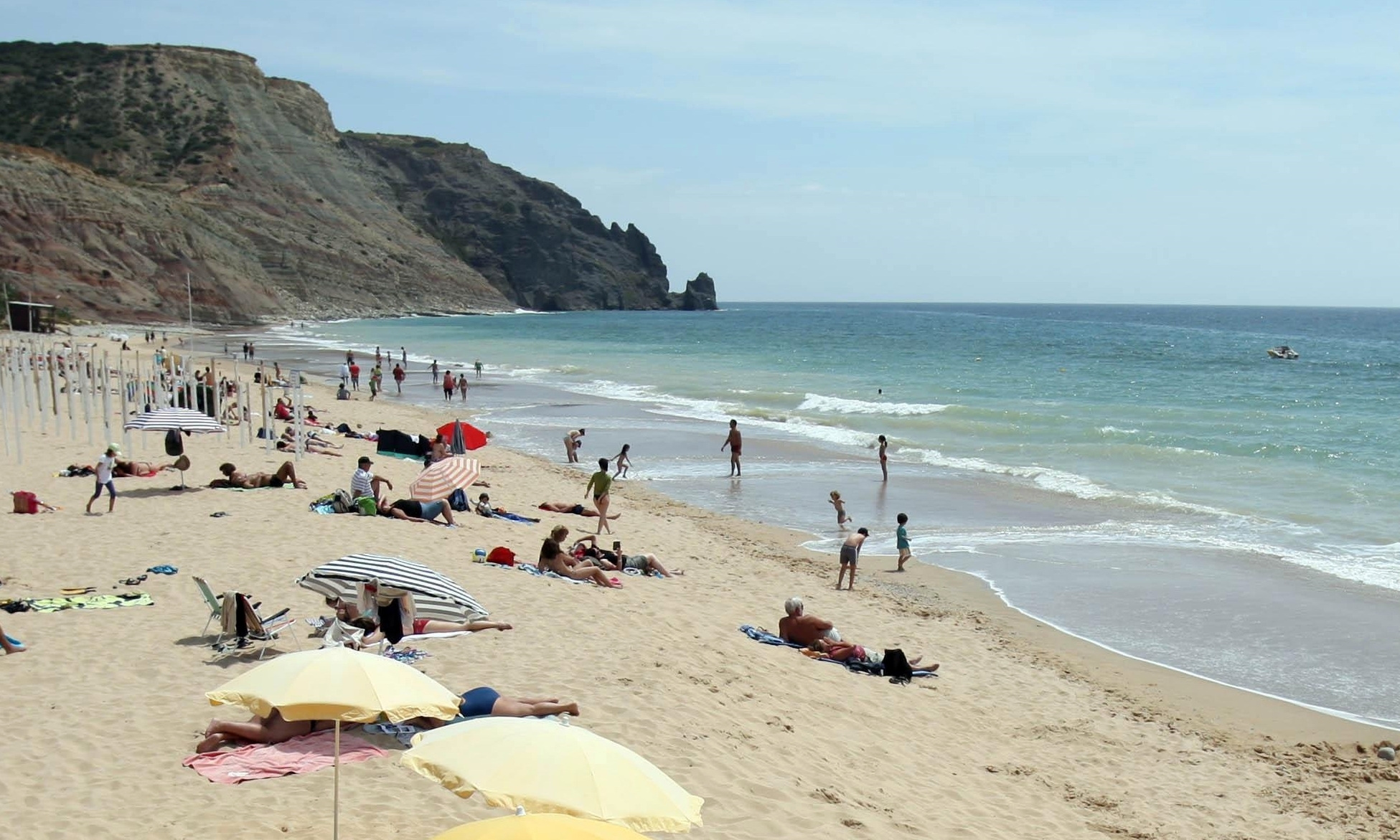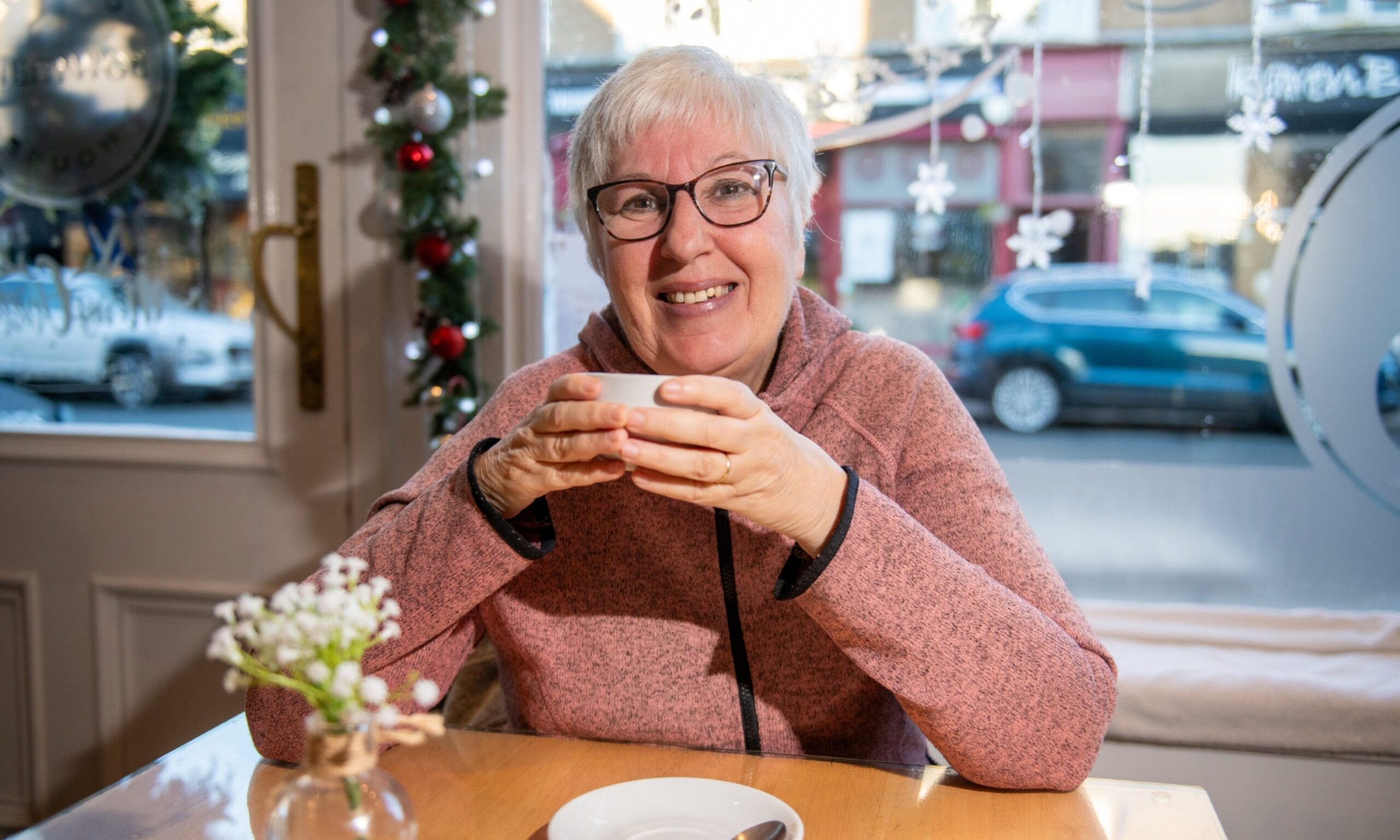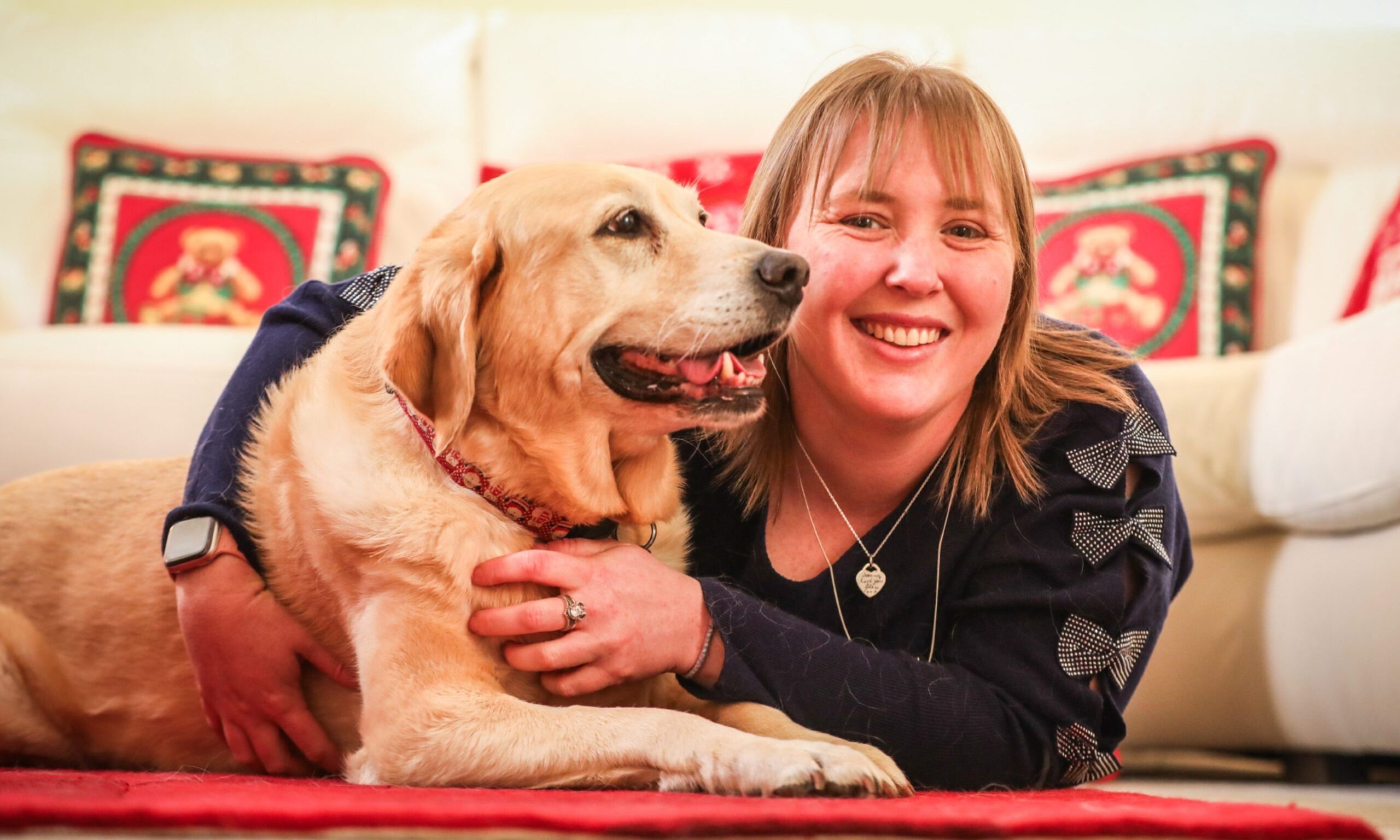More people are going on holiday than at any time in the past five years despite terror attacks and the impact of Brexit, according to a study.
Some 86% of UK adults took an overnight trip at home or abroad in the 12 months to August, research by travel organisation Abta found.
This is up from 77% in 2015 and represents the highest figure since 2011, when 90% booked at least one break.
The average number of holidays taken per person per year also rose over the past year, from 3.2 to 3.4.
Abta’s director of brand and business development, Victoria Bacon, described the sixth annual Holiday Habits report as “remarkably positive”.
A number of events have disrupted the travel industry in the past 12 months, such as terror attacks in Paris, Nice and Brussels, an attempted coup in Turkey, the collapse of Low Cost Holidays, the spread of the Zika virus and the weakening of the pound following the EU referendum.
Ms Bacon told reporters at Abta’s annual convention in Abu Dhabi: “British holidaymakers value their holidays immensely and it is heartening to see that holidays are still a priority for most people, despite the high-profile events both overseas and here in the UK.
“The story of the previous 12 months, for holiday-taking at least, is remarkably positive. It’s been a bumper year for domestic and a good one for foreign holidays.
“Brits love their holidays and they won’t give them up easily.”
There has been a surge in the number of people taking a domestic holiday, up from 64% in 2015 to 71%.
This stops a three-year decline and matches the figure last recorded during the year of the London Olympics in 2012.
Young families with at least one child under five took the most UK holidays, with over a quarter (26%) going on more than four domestic trips.
Over half the population (56%) took a holiday abroad in the last year, up two percentage points on 2015.
This was fuelled by millennials and baby boomers, with people aged 25-34 and 55-64 the most likely to take more than four foreign holidays in a year.
The research also found that 73% of people plan to spend about the same or more on their holidays in the next 12 months, with just 16% intending to spend less.
Ms Bacon said: “Our research suggests a continued positive outlook towards holiday-taking next year, although I would add a note of caution given the uncertainties that still lie ahead for the UK economy around the Government’s Brexit negotiations.”
Abta’s report was based on a survey of 1,962 UK consumers.










